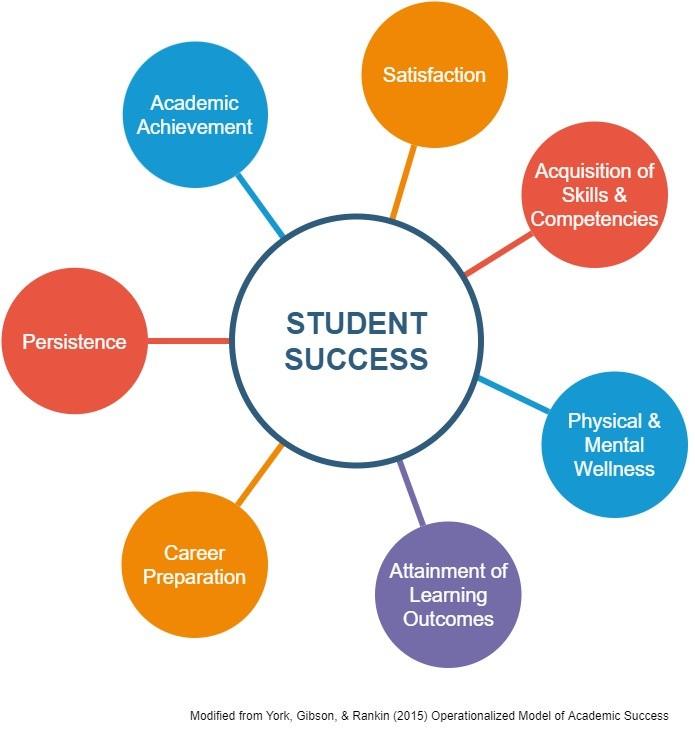
# [H1] Unlocking Student Success: Proven Strategies for Effective Learning in the 21st Century
[H2] Introduction
In the demanding and fast-paced landscape of today’s education system, maximizing student potential for success requires adopting 21st-century learning strategies. Future-proofing education involves a transformation from traditional memorization methods to innovative strategies promoting collaboration, critical thinking, and digital literacy.
This article aims to shed light on proven strategies for effective learning in the 21st century. These are designed to empower students to achieve academic success while preparing them for the ever-evolving workforce.
[H2] Harnessing The Power Of Technology
As students navigate the digital era, technology plays a significant role in reshaping the learning landscape. Here are a few ways technology can enhance learning.
[H3] Collaborative Learning via Technology
Studies suggest that collaborative learning can significantly improve student grades. Online communication tools, such as Google Docs and Slack, allow students to collaboratively work on projects, share ideas, and provide feedback in real-time, enhancing their communication and teamwork skills.
[H3] Interactive Learning Games
Gamification in education can increase student engagement and motivation. Platforms like Kahoot,! Quizlet, and Minecraft: Education Edition offer interactive learning games promoting critical thinking.
[H3] E-Learning Platforms
Online learning platforms like Coursera, Udemy, and Khan Academy offer a variety of courses across multiple disciplines, allowing students to explore their interests and learn at their own pace.
[H2] Cultivating Critical Thinking Skills
Emphasizing critical thinking skills is essential in cultivating independent, innovative thinkers. Here are some practical strategies.
[H3] Open-Ended Questions
Encouraging students to analyze, evaluate, and synthesize information can be achieved by posing open-ended questions. This method promotes intricate thinking and fosters in-depth classroom discussions.
[H3] Real-World Scenarios
Applying theoretical knowledge to real-world situations helps students understand the practical implications of what they learn, thereby honing their problem-solving skills.
[H3] Regular Assessments
Regular feedback-assessments can help students identify their strong and weak areas, facilitate continuous improvement, and promote self-directed learning.
[H2] Promoting Good Student Habits
Developing good habits can considerably affect a student’s ability to succeed. Here are a few important ones:
[H3] Effective Time-Management
Students should be taught to prioritize tasks, break down assignments into manageable segments, and avoid procrastination.
[H3] Regular Exercise and Healthy Diet
Physical activity and a balanced diet have been linked to better cognitive function and improved concentration.
[H3] Adequate Rest
Enough sleep contributes significantly to better memory retention and problem-solving skills.
[H2] Emphasizing Emotional Intelligence
Emotional intelligence (EI) is a key predictor of success, both academically and in life. Teaching students to manage their emotions, empathize with others, and make sound decisions is crucial in fostering EI.
[H2] Providing a Supportive Learning Environment
A supportive learning environment nurtures students’ mental and emotional wellbeing. Teachers who establish clear communication channels, provide constructive feedback, and foster a sense of belonging can significantly enhance student motivation and learning.
[H2] Conclusion
Unlocking student success in the 21st century requires strategies that go beyond delivering subject matter content. It demands a holistic approach encompassing technology integration, critical thinking emphasis, habit formation, emotional intelligence education, and a nurturing learning environment.
By implementing these strategies, educators can cultivate learners who are well-prepared to navigate the complexities of the 21st century, poised for academic success, and equipped for real-world applicability.
In a nutshell, orchestrating successful students means molding them into future-ready innovators, critical thinkers, effective communicators, and emotionally intelligent individuals.

Leave a Reply